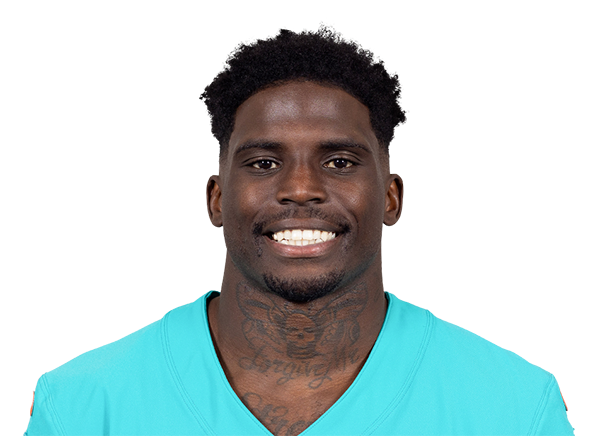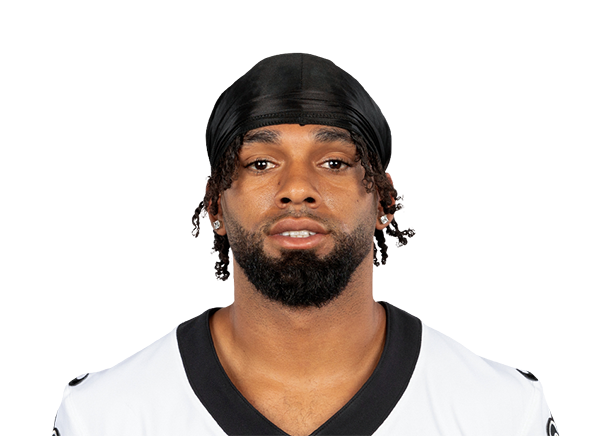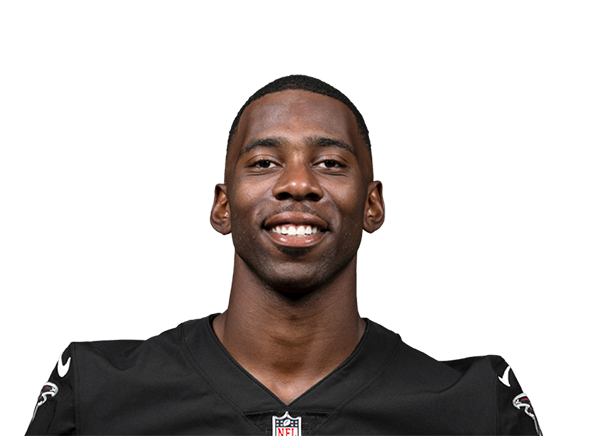Mind of Miller: Facing Personal Bias
As fantasy owners, we get a lot wrong. We mess up player evaluation, trades, our starting lineups, and just about everything else we touch. As in Major League Baseball, even the best of us get base hits far less often than we strike out. Recognizing this is the case is pretty simple as our wrongness is a generally accepted fact in the community. The key, then, isn’t only to try to be right more than others, it is to seek out areas where right and wrong comes down to errant thinking caused by personal bias, then work to remove it from the decision making process.
[am4show have=’g1;’ guest_error=’sub_message’ user_error=’sub_message’ ]
An example of an easy way to lessen the impact of your personal opinion in the equation is to ignore player evaluation and skip right to market value. Once you admit you are frequently wrong about whether a player is good or not and rely more heavily on playing the stock market when it comes to drafts and trades, you are taking a big step toward removing biases and poor evaluation from your decision making process. Of course, this is far less fun than chasing down players you love and trading away guys you don’t. What balance you decide to strike in this department is up to you.
Another less thought about area where you can reduce the effect human error has on your roster is in how you weigh the different types of risk varying players represent. It is impossible to properly evaluate each player, the risk they bring, and how that compares to others, but it is possible to put players on more of an equal footing, free of your personal dislike for those deemed injury prone or as off-field trouble makers.
With recent news about Josh Gordon, and Joe Mixon being valued highly in rookie drafts, off-field risk has once again become a hot topic. Over the last few weeks I’ve heard several folks, readers and respected writers alike, proclaim Gordon isn’t worth a roster spot, or that Mixon shouldn’t be drafted in the top-six. While each player is an easy target due to their behaviors, that sort of hardline stance shows a lack of critical thinking when it comes to risk. Yes, Gordon may never play again. And, sure, Mixon may represent more of a gamble in some regards than Leonard Fournette, but both of them are incredibly talented players who shouldn’t be sold short simply because of their shortcomings off the field.
The reason we get so much wrong so much of the time comes down to the myriad variables beyond our control. A player can’t succeed without the support of his coach and success of his teammates. A coach can’t put a player in the best spot to succeed if his GM doesn’t build the team properly. A GM can’t draft the players he feels are the best bets if the owner gets in the way. All those involved are at each other’s mercy, and we, the lowly fantasy owners, are left out in the cold.
Because all of the aforementioned variables are so impossible to account for, much less predict, it is reasonable to turn to an obvious, publicized lapse of judgment, or 12, in Gordon’s case, as something to point to and say, “This is bad. I’m staying away.” When it is an event as reprehensible as what Mixon did, it can be even easier to wash your hands of the player. After all, such indiscretions are just one more thing to worry about on top of everything else. The trick is to decide how much it should matter versus the on-field baggage others bring to the table.
A poll I saw on Twitter this week had somewhere around 75% of respondents saying Gordon isn’t worth a roster spot. When people are still drafting KD Cannon, I can’t believe owners would think that is the case. To me, it shows owners are saying the small chance Gordon ends up back in the NFL and productive is lower than the odds an UDFA somehow ends up worth owning. Considering what we’ve seen Gordon do when his head is on straight, I refuse to buy that. If you sit back and look at the situation objectively, I suspect you’d agree.
Mixon is a more interesting case. He is battling a number of other very talented players for your attention in the top-three of rookie drafts. What I find fascinating about his example is how people are lumping in what he did with every other type of off-field red flag. One-off years ago in a volatile situation violence against a woman is not the same thing as drug test failures, repeated incidents at a club, or choking your pregnant girlfriend á la Tyreek Hill. You can put all of those in the same jar, but it is a careless proposition fraught with error.
The reason for this article isn’t to defend Mixon or Gordon as dynasty commodities. All I’m shooting for is to encourage you to treat the injury risk of John Ross, the on-field unknown of Curtis Samuel, and the off-field issues of Joe Mixon in a more reasoned light. Before declaring somebody unownable or too risky, spend some time considering how their specific risk compares to others with similar values. Don’t make knee jerk decisions based on an emotional response to being burned by Gordon or offended by Mixon. The goal is to lessen the power of your personal biases, therefore minimizing the influence they have on your roster. Even if after assessing how you look at risk you choose not to own Gordon or draft Mixon in the top-six, hopefully you walk away from this more aware of how your prejudices can get in the way of your own success.
[/am4show]
- How to Win Without Watching Football - July 22, 2021
- 2018 Summer Sleeper: Chicago Bears - July 9, 2018
- NFL Draft Aftermath: Winners and Losers from the AFC North - June 18, 2018


































































